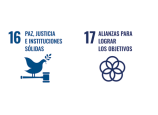Governance
Ingeniería de Sistemas para la Defensa de España, S.A., S.M.E., M.P. (Isdefe, S.A., S.M.E., M.P.), is a State-owned commercial company that is part of the state institutional public sector, pursuant to articles 2 and 84 of Law 40/2015 of 1 October, regulating the status of the public sector. It was established in Madrid on 17 October 1985 by an agreement of the Council of Ministers dated 18 September of the same year.
Legal nature and regulatory framework
Law 33/2003 of 3 November, on the Assets of Public Administrations.
Law 47/2003 of 26 November, General Budget.
Law 4/2007 of 3 April, on the transparency of financial relations between public administrations and state-owned companies, and on the financial transparency of certain companies.
Organic Law 2/2012 of 27 April, on Budgetary Stability and Financial Sustainability.
Royal Legislative Decree 1/2013 of 29 November, which approves the Consolidated Text of the General Law on the rights of persons with disabilities and their social inclusion.
Law 19/2013 of 9 December, on transparency, access to public information and good governance.
Law 3/2015 of March 30, regulating the exercise of the high office of the General Administration of the State.
Law 40/2015 of 1 October, on the Legal Regime of the Public Sector.
Law 9/2017 of 8 November, on Public Sector Contracts.
Law 11/2018 of 28 December, on non-financial information and diversity.
Organic Law 3/2018 of 5 December, on the Protection of Personal Data and Guarantee of
Digital Rights, and Regulation (EU) of 27 April 2016 on the protection of natural persons with regard to the processing of personal data.
Royal Decree-Law 2/2020 of 21 January 2020, approving urgent measures in the field of remuneration in the public sector.
European Directive 2019/1937 of the European Parliament and of the Council of 23 October 2019 on the protection of persons who report breaches of Union law.
Governance structure and administration
Isdefe, as a state-owned company, is part of the Ministry of Defence. It is overseen by the Secretary of State for Defence, who is also the President of Isdefe, the Assembly of Shareholders and the Board of Directors.
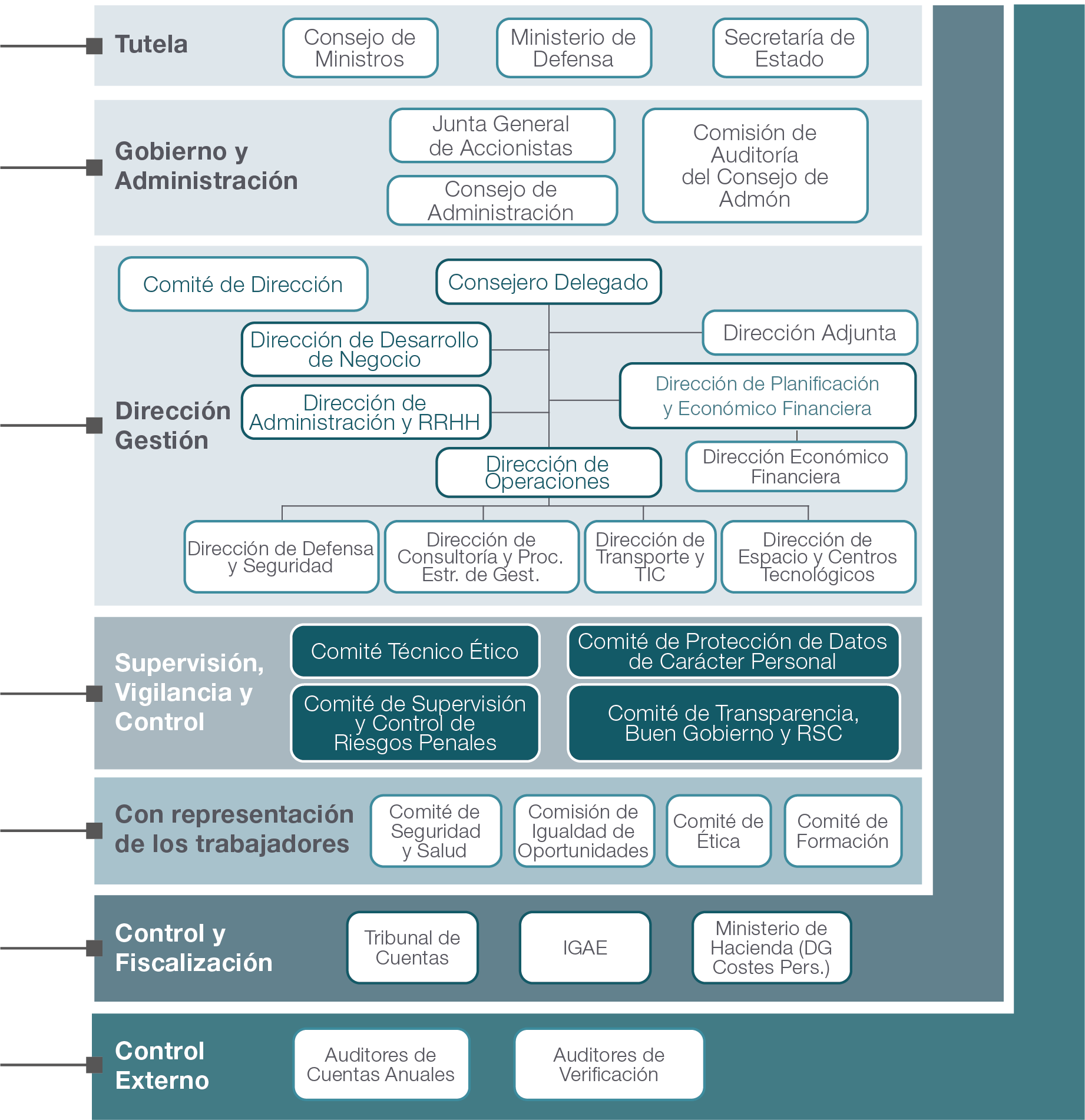
Governance Model
In 2021, these measures included:
Definition and incorporation of the objectives of the Ethics and PRP Systems into Isdefe's strategic planning.
Design of a standardised, anonymous, confidential communication channel open to third parties to report potential breaches (Ethical Mailbox).
Review and development of a Training, Awareness and Dissemination Plan for the Ethics and PRP Sys-tems.
Publication on the Transparency Portal of information on the execution or liquidation of operating and capital budgets, corresponding to the profit and loss account and the cash flow statement, respectively.
Responsible action
The Code of Ethics is an integral part of the governance model and is based on the guiding principles of integrity, professionalism and respect, which establish the behavioral guidelines of its professionals.
The Isdefe Code of Ethics incorporates the voluntary principles of leading international guides such as the Universal Declaration of Human Rights, the United Nations Global Compact, the OECD Principles of Corporate Governance and the Sustainable Development Goals that define the 2030 Agenda and determine international values related to human rights, labour relations, the environment and the fight against corruption.

Transparency
Isdefe complies with the obligations established in Law 19/2013, of December 9, on transparency, access to public information and good governance, in relation to the publication of institutional, organisational and planning information, through the Transparency Portal, where continuous work is carried out on the modernisation and innovation project, developed under a reinforced model that follows the recommendations of the Council for Transparency and Good Governance and incorporates the degree of mandatory compliance and the quality of transparency through a series of indicators.
Sustainable development
Isdefe collaborates with different entities and key organisations that work to achieve the SDGs:
United Nations Global Compact
Partnership Agreement with the Secretariat of State of the 2030 Agenda
Forética Action Group on "Sustainability and CSR in State-Owned Companies"
Economic aspects
To generate quality employment.
To promote technology and innovation.
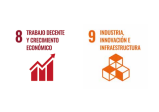
Social aspects
To promote gender equality and conciliation policies.
To promote progress in the health and well-being of employees.
To increase support for the most vulnerable groups.
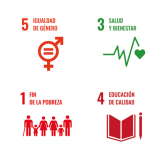
To prioritise the fight against climate change
To influence more sustainable consumption models
To support sustainable mobility
To improve energy efficiency
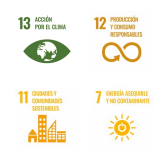
To fight corruption
To promote a space for dialogue and multi-stakeholder collaboration.
